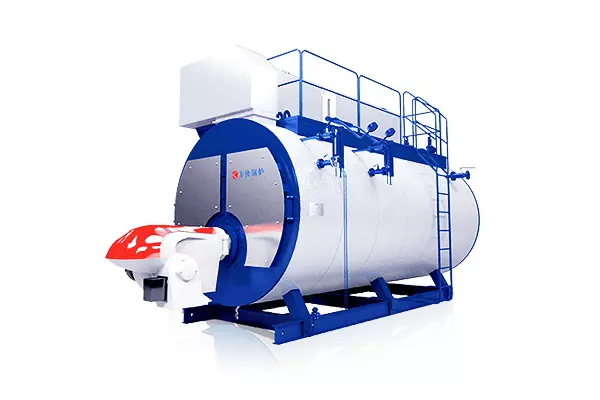
Caldaie a vapore a gasolio affidabili per applicazioni industriali
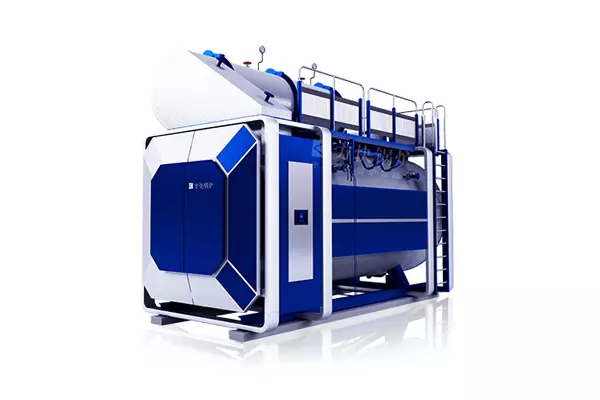
Efficienti caldaie a vapore alimentate a gas per il riscaldamento industriale
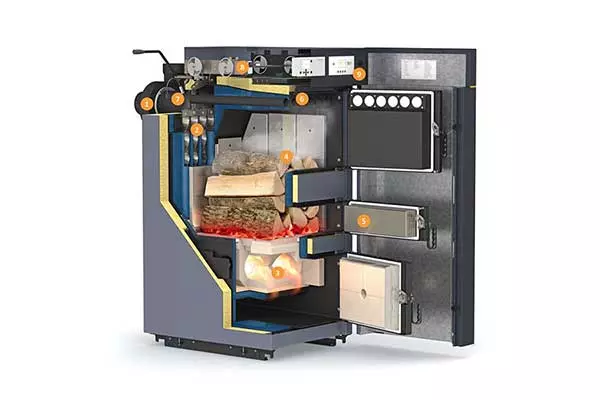
le migliori caldaie a gassificazione del legno in vendita - guida all'acquisto
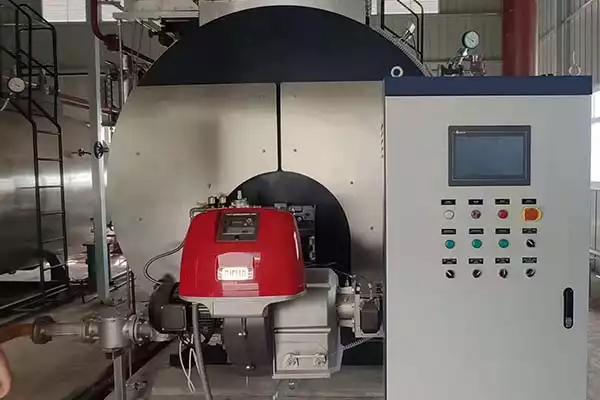
Caldaia a vapore diesel industriale in vendita
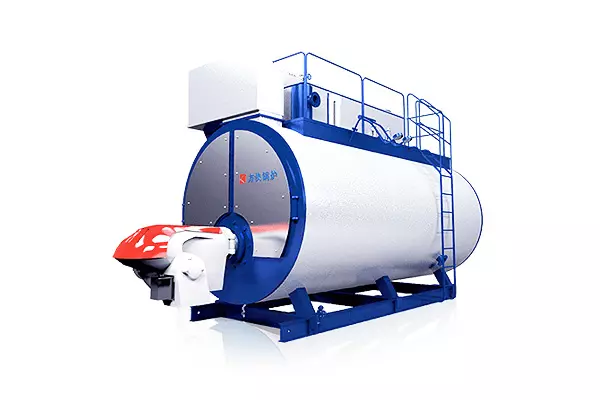
Caldaie ad acqua calda a gas efficienti e affidabili
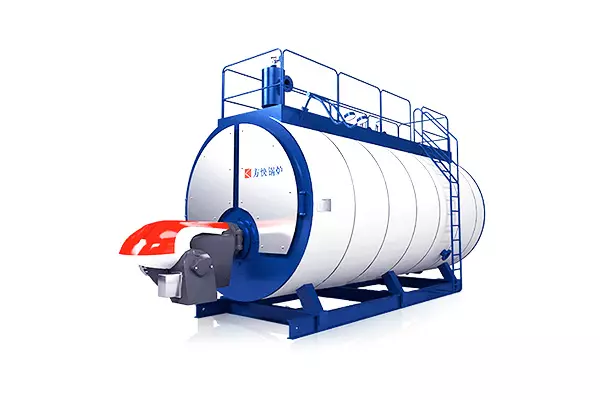
Efficienti caldaie ad acqua calda a gasolio in vendita
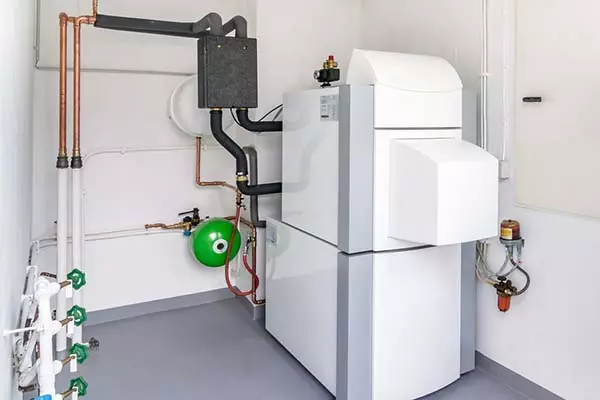
Caldaia combinata a gasolio: Efficiente, Affidabile, ed economico
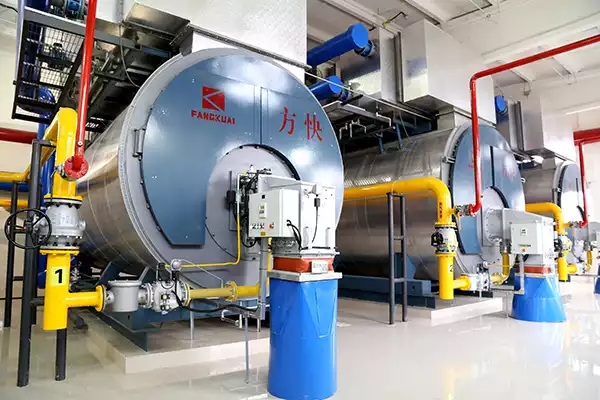
Caldaia ad acqua calda diesel in vendita
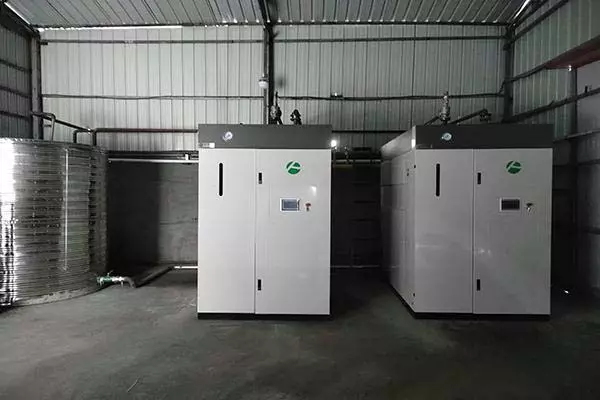
Generatore di vapore diesel potente ed efficiente per uso industriale
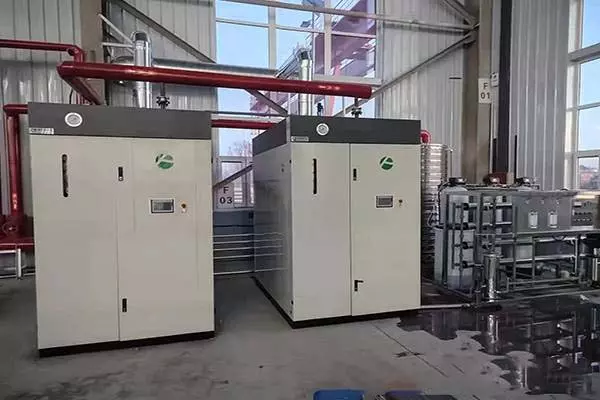
Generatore di vapore a biomassa - Soluzione energetica efficiente e sostenibile
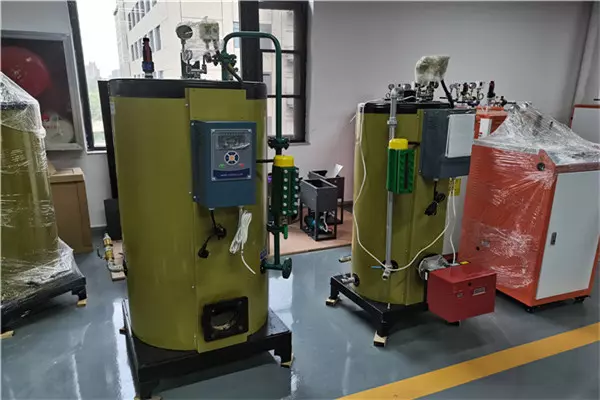
Generatore di vapore elettrico ad alte prestazioni per uso industriale
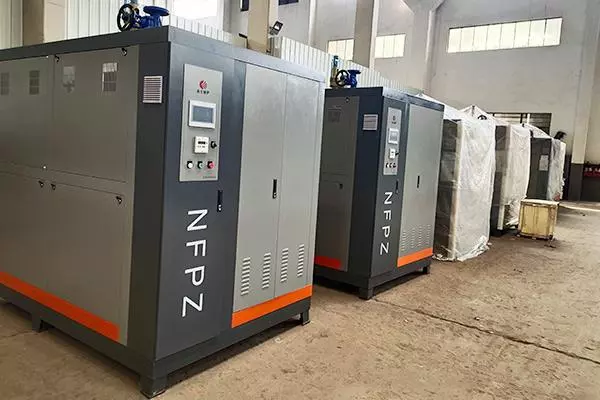
Generatore di vapore a gas ad alta efficienza
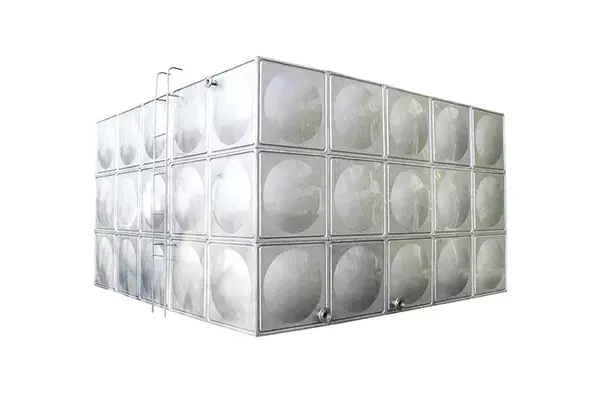
Serbatoio acqua calda caldaia | Soluzione affidabile e conveniente per le esigenze di acqua calda
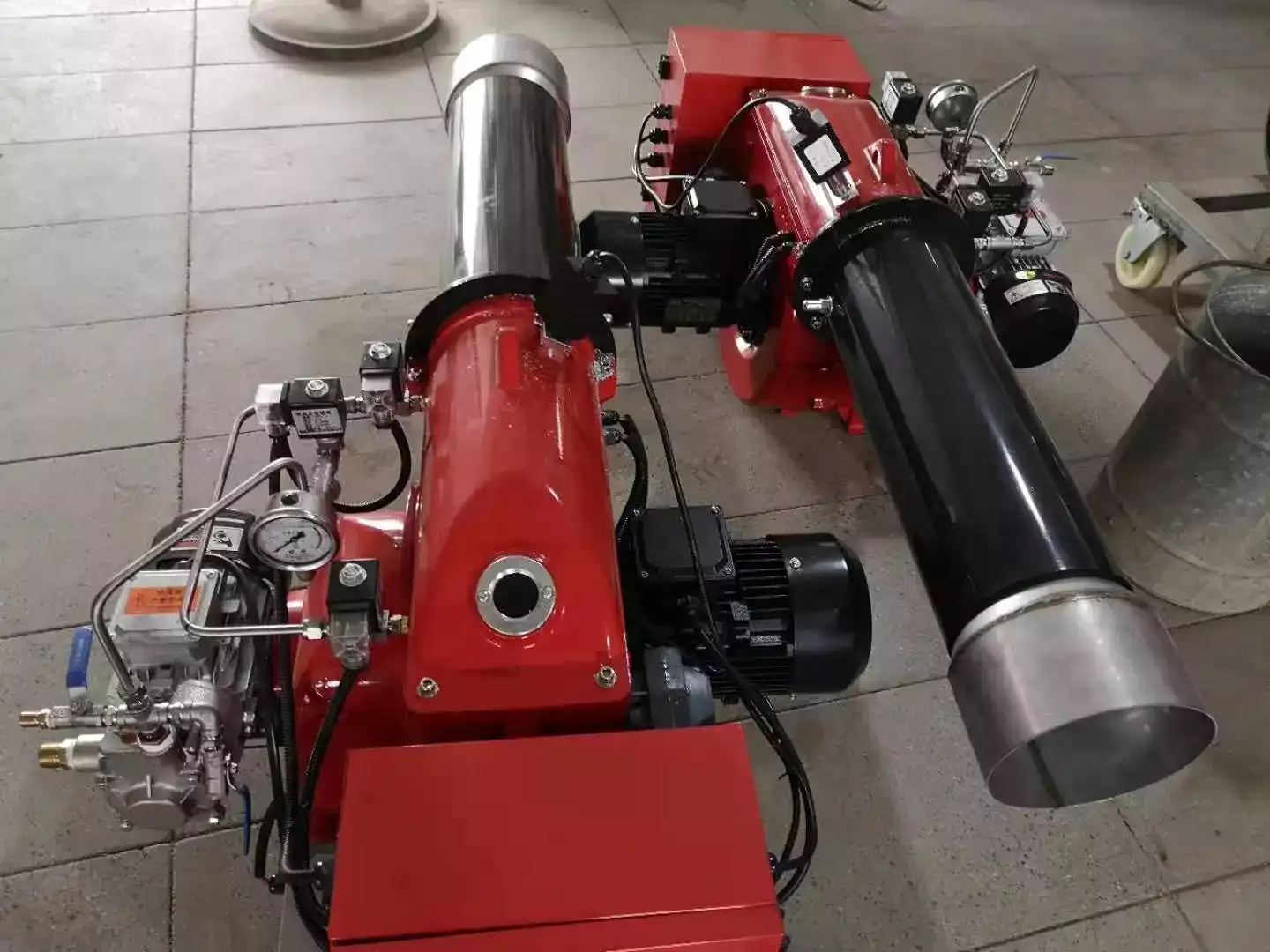
Bruciatori per caldaie a gasolio: La guida definitiva
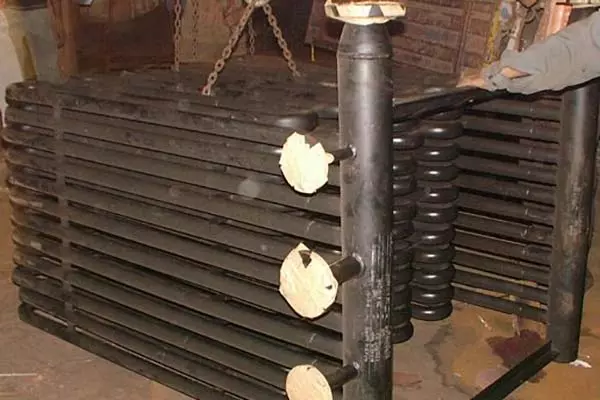
Economizzatori di caldaia: Ottimizza l'efficienza della tua caldaia
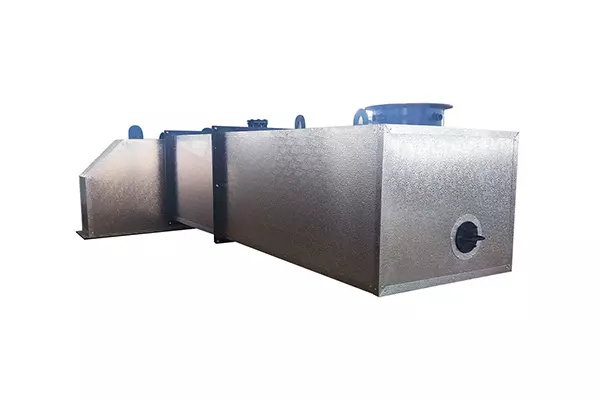
Risparmia energia e riduci i costi con il risparmio energetico della caldaia Fangkuai
Vendite di caldaie Zhengzhou Fangkuai Co., srl. è una filiale della Fangkuai Boiler Company, mainly responsible for the domestic and foreign trade of Fangkuai Boiler.Fangkuai Headquarters Base has a single-building R&D center, un laboratorio in condizioni di lavoro completo e due di produzione impianti, con una superficie produttiva di 120.000 mq. È l'impresa leader in Cina con capacità di elaborazione dell'automazione delle caldaie, e i suoi prodotti vengono esportati in molti paesi e regioni.


vVisualizza le recensioni dei nostri clienti
"La caldaia a vapore di Fangkuai è perfetta per la mia attività di trasformazione alimentare. Soddisfa tutti i nostri requisiti ed è molto affidabile. La qualità dei materiali e la costruzione della caldaia sono eccezionali. È anche molto facile da usare e mantenere, che ci ha aiutato a risparmiare tempo e denaro per la manutenzione. Consiglio vivamente le caldaie a vapore di Fangkuai a chiunque necessiti di soluzioni di riscaldamento affidabili."
Json
Brasile"Utilizziamo da anni la caldaia ad olio diatermico Fangkuai per il nostro impianto chimico e non ci ha mai deluso. La caldaia è molto resistente e può resistere a condizioni difficili. È anche molto facile da usare e mantenere, che ci ha aiutato a risparmiare tempo e denaro per la manutenzione. Le caldaie ad olio diatermico Fangkuai sono di prim'ordine e le consiglio vivamente a chiunque necessiti di soluzioni di riscaldamento affidabili."
Chang
Cina"La caldaia per l'acqua calda di Fangkuai è fantastica. Si riscalda in modo rapido ed efficiente, e l'acqua rimane calda per molto tempo. Non abbiamo mai avuto problemi e ha apportato un miglioramento significativo alle nostre operazioni quotidiane. Anche il processo di installazione è stato molto fluido e il servizio clienti è stato eccellente. Consiglio vivamente le caldaie ad acqua calda di Fangkuai."
Sara
Canada"La caldaia a vapore di Fangkuai è perfetta per la mia attività di trasformazione alimentare. Soddisfa tutti i nostri requisiti ed è molto affidabile. La qualità dei materiali e la costruzione della caldaia sono eccezionali. È anche molto facile da usare e mantenere, che ci ha aiutato a risparmiare tempo e denaro per la manutenzione. Consiglio vivamente le caldaie a vapore di Fangkuai a chiunque necessiti di soluzioni di riscaldamento affidabili."
Json
Brasile"Sono rimasto molto colpito dalla qualità della caldaia per l'acqua calda di Fangkuai. È costruito per durare e ha superato le mie aspettative. Anche il processo di installazione è stato molto fluido e il servizio clienti è stato eccellente. La caldaia per l'acqua calda è molto facile da usare e manutenere, e l'efficienza energetica è notevole. Consiglio vivamente le caldaie ad acqua calda di Fangkuai."
Jack
Australia"Ho acquistato una caldaia a vapore Fangkuai per la mia fabbrica e funziona perfettamente da mesi ormai. La qualità dei materiali e la costruzione della caldaia sono impressionanti. È anche molto efficiente dal punto di vista energetico, che ci ha aiutato a risparmiare sulle nostre bollette energetiche. Consiglio vivamente i prodotti Fangkuai a chiunque necessiti di soluzioni di riscaldamento affidabili ed efficienti."
John
Stati Uniti d'America"Sono rimasto molto colpito dalla qualità della caldaia per l'acqua calda di Fangkuai. È costruito per durare e ha superato le mie aspettative. Anche il processo di installazione è stato molto fluido e il servizio clienti è stato eccellente. La caldaia per l'acqua calda è molto facile da usare e manutenere, e l'efficienza energetica è notevole. Consiglio vivamente le caldaie ad acqua calda di Fangkuai."
Jack
Australia"Il generatore di vapore di Fangkuai è perfetto per la mia piccola impresa. È molto facile da usare e richiede una manutenzione minima. È anche molto efficiente dal punto di vista energetico, che mi ha aiutato a risparmiare sulle mie bollette energetiche. Anche il servizio clienti di Fangkuai è eccellente. Sono molto reattivi e sempre disposti ad aiutare. Consiglio vivamente i generatori di vapore di Fangkuai."
Ahmad
Egitto"La caldaia per l'acqua calda di Fangkuai è fantastica. Si riscalda in modo rapido ed efficiente, e l'acqua rimane calda per molto tempo. Non abbiamo mai avuto problemi e ha apportato un miglioramento significativo alle nostre operazioni quotidiane. Anche il processo di installazione è stato molto fluido e il servizio clienti è stato eccellente. Consiglio vivamente le caldaie ad acqua calda di Fangkuai."
Sara
Canada